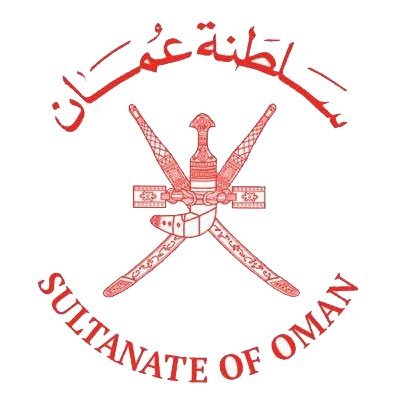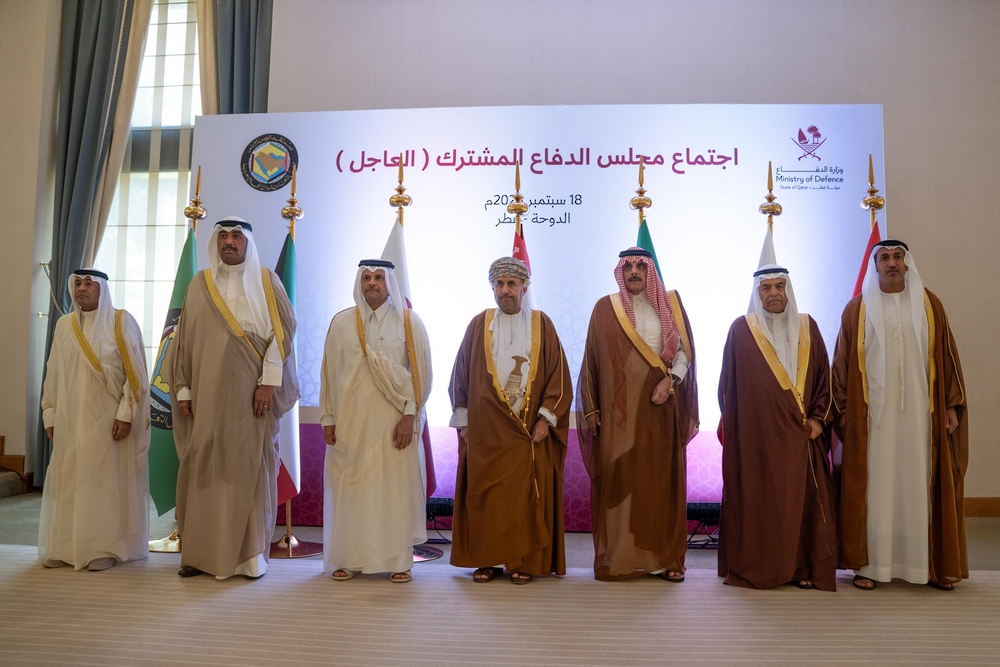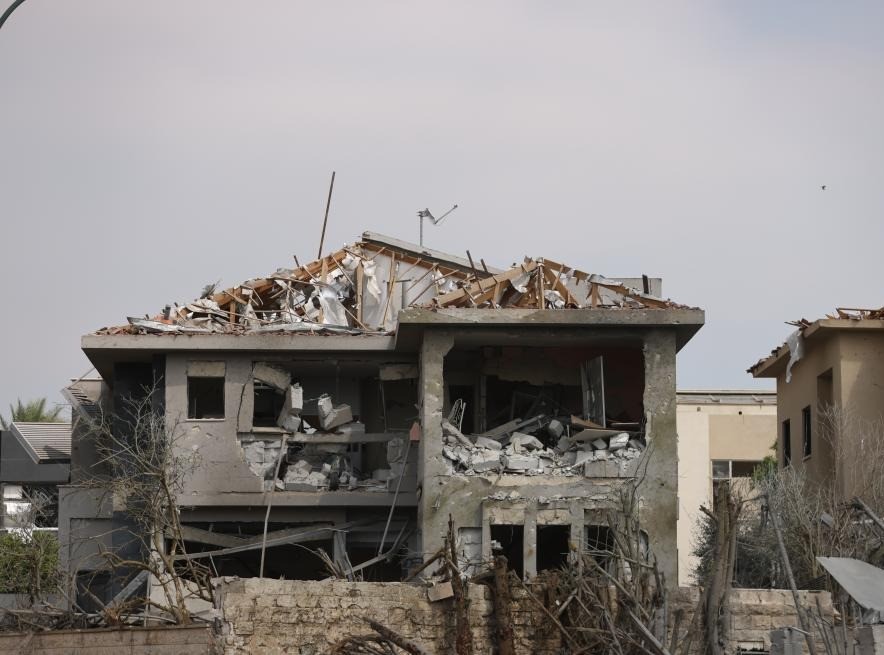There is no other country in the 6-member Gulf Cooperation Council that imposes income tax….reports Asian Lite News
Oman has officially become the first Gulf country to introduce a personal income tax, with a royal decree issued on June 23, 2025 .
The 5 per cent tax will kick in from January 2028 and only applies to annual income of 42,000 rials ($109,000). The move will bring into the tax ambit only the top 1 per cent earners, the state-run Omani News Agency has reported.
There is no other country in the 6-member Gulf Cooperation Council that imposes income tax. This tax-free status is considered a positive by foreign workers in countries like Saudi Arabia, the United Arab Emirates, and Qatar.
Oman’s Minister of Economy, Said bin Mohammed Al-Saqri, said the measure will reduce reliance on oil income by diversifying public revenue while maintaining social spending.
The Ministry of Economy affirmed that the implementation of the Personal Income Tax (PIT), set to take effect at the beginning of 2028, represents a crucial step toward enhancing financial stability and completing the fiscal sustainability framework. This measure aims to ensure sustainable financing for development across various sectors.
The minister said: “The tax serves as a new revenue stream to diversify public income sources and mitigate risks associated with reliance on oil as the primary revenue source. It will help maintain current levels of social and service spending while preserving Oman’s achievements in financial and economic stability under ‘Oman Vision 2040’ and its first executive phase, the Tenth Five-Year Plan (2021-2025).”
He said that implementing the tax in Oman will yield significant economic benefits, supporting income diversification strategies and long-term fiscal stability as a pillar of economic growth. It will also sustain government revenues, strengthen the state’s financial position, maintain credit ratings, and boost spending power for beneficiaries, directly stimulating aggregate demand and economic growth.
The minister highlighted that oil and gas revenues account for 68 per cent to 85 per cent of Oman’s total public income, depending on global energy prices. While oil prices have stabilised at favourable levels in recent years, they remain volatile. Oman has effectively managed additional oil revenues by reducing public debt to safe GDP ratios, increasing investment and social spending, and subsidising essential goods and services.














